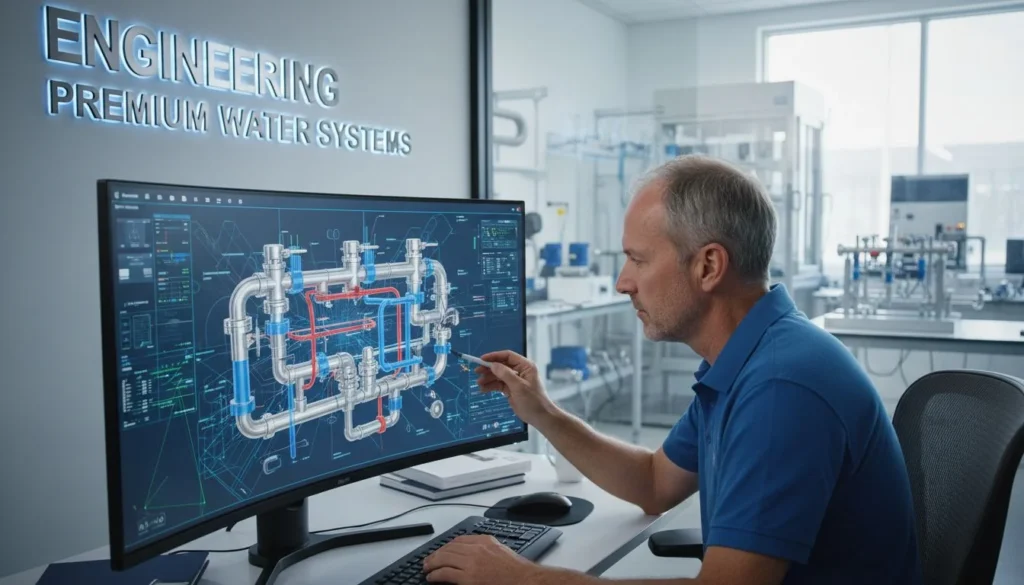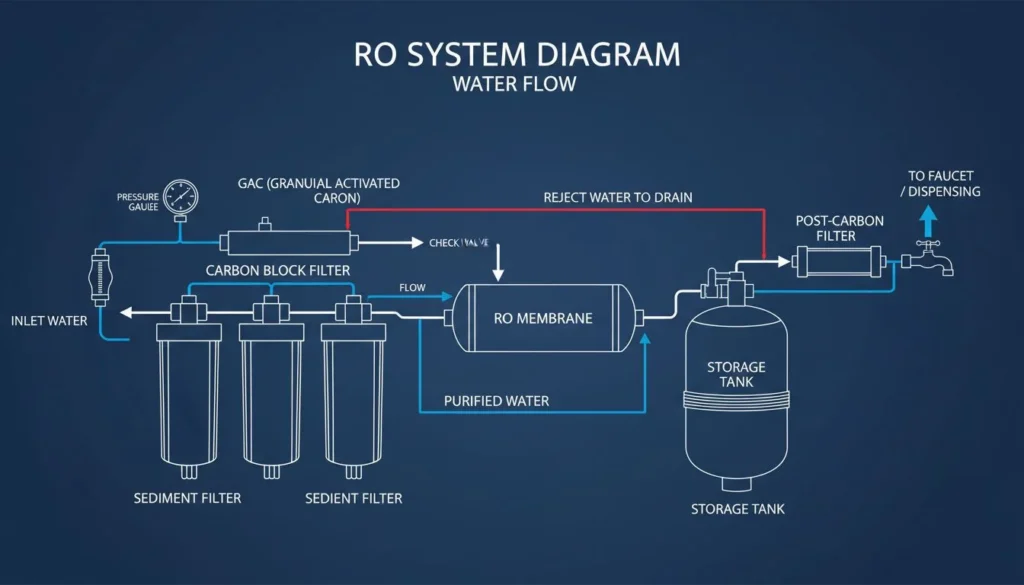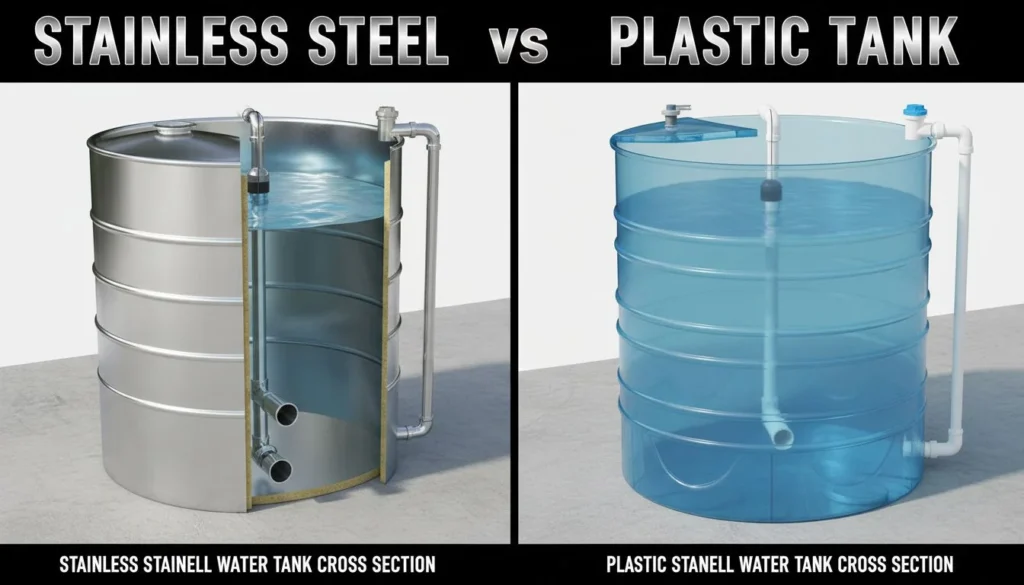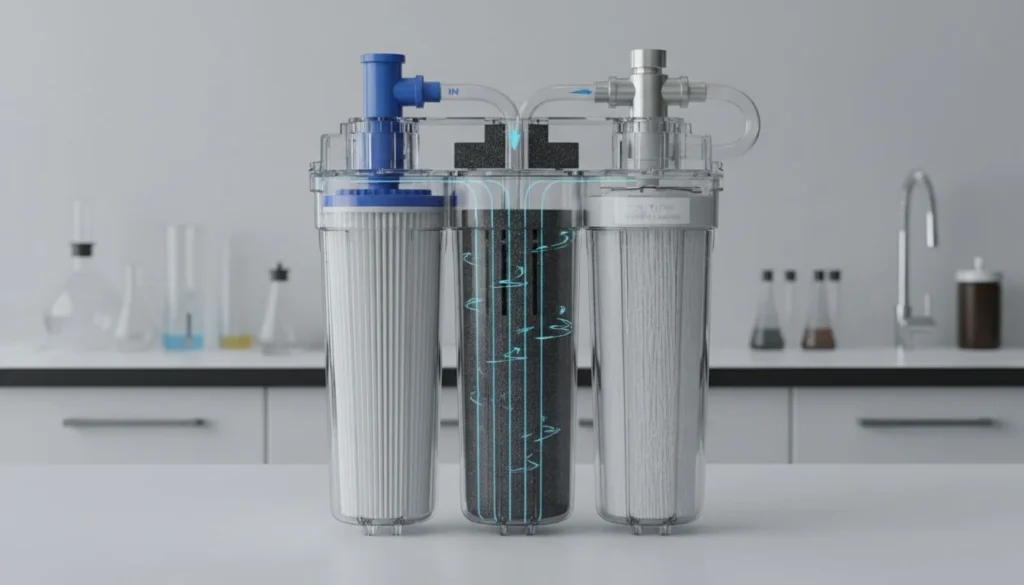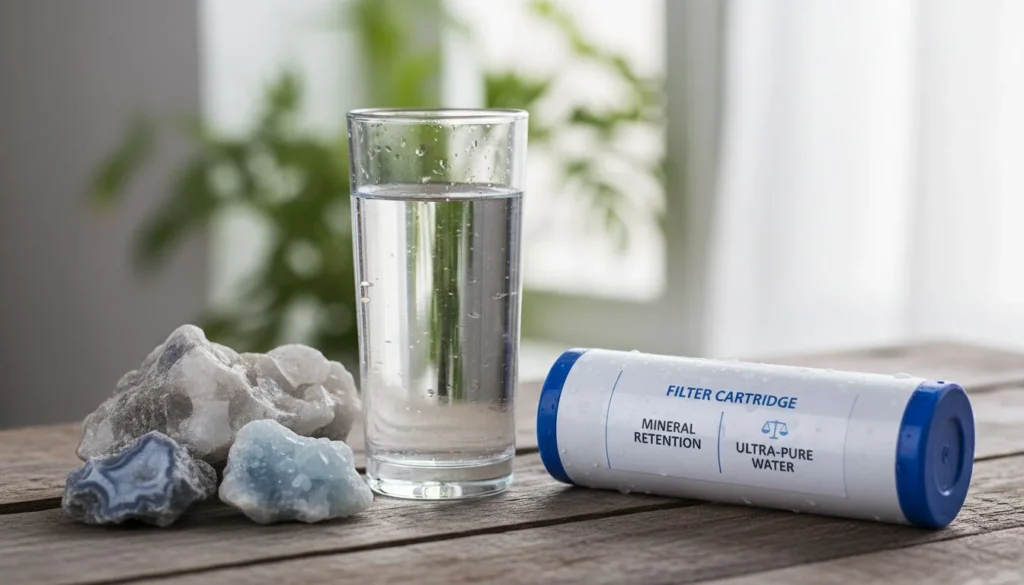MUJI Aroma Diffusers are celebrated for their minimalist design and calming presence, but where do these iconic products truly come from? The answer to this question reveals a sophisticated global production system and a deliberate business strategy that has propelled MUJI to international acclaim. This article delves into the manufacturing and supply chain strategy of MUJI Aroma Diffusers, revealing their production in China as a result of MUJI's sophisticated global production system and asset-light business model. We will explore the evidence confirming their manufacturing locus, the principles that guide their production, and the ethical framework that underpins their entire supply chain. For businesses in the home appliance and wellness sectors, understanding MUJI's approach offers valuable insights into effective global supply chain management and brand building.
Where is the MUJI Aroma Diffuser Manufactured?
For consumers and businesses alike, a fundamental question often arises regarding the origin of popular products: where are MUJI Aroma Diffusers manufactured? The answer, consistently and explicitly identified across multiple international markets and for various models, is China. This fact is not merely anecdotal but is confirmed through official product pages on MUJI’s regional websites, third-party retail listings, and information contained within product user manuals. The consistency of this data across different sources and product variations provides irrefutable evidence of the primary manufacturing location for this product category. MUJI Aroma Diffusers are consistently manufactured in China, a fact confirmed across various official product documentations and retail listings.
To further understand this choice, it's crucial to examine the materials specified for the Aroma Diffuser’s construction:
| Componente | Material | Reason for Use |
|---|---|---|
| Main Body | Polypropylene (PP) Resin | Chemical resistance, durability, heat resistance |
| AC Adapter | Acrylonitrile Butadiene Styrene (ABS) Resin | Rigidity, impact strength, high-quality surface finish |
These are not arbitrary choices; PP and ABS are high-grade thermoplastic polymers that are industry standards for consumer electronics and household appliances. The decision to manufacture the diffuser there is therefore a decision to tap into a mature supply chain with deep expertise, immense scale, and cost efficiencies in producing high-quality goods from these exact materials. It is a choice driven by industrial capability as much as by cost.
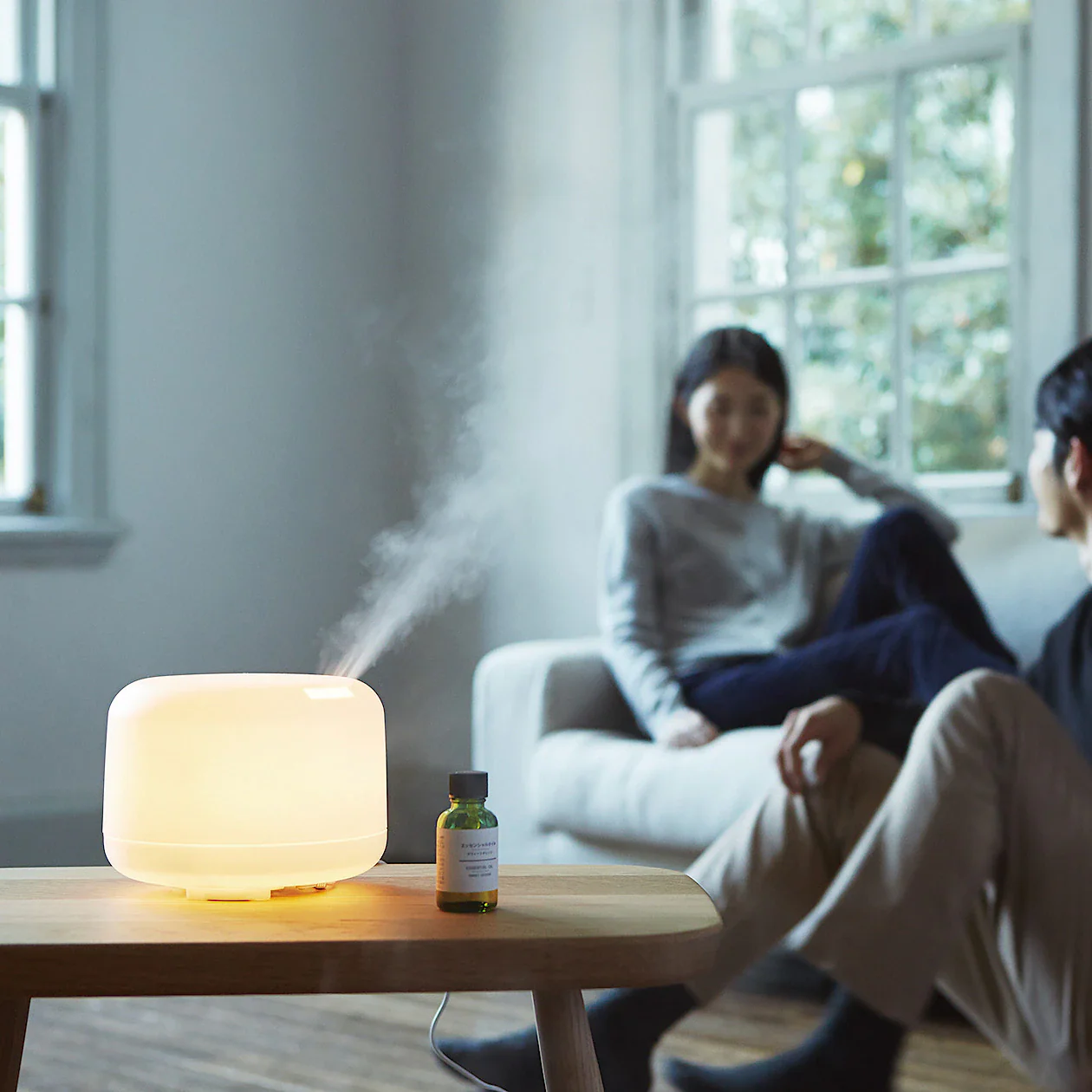
How Does MUJI's "No-Factory" Model Influence Production?
The decision to manufacture the Aroma Diffuser in China is not an isolated choice but a direct consequence of the fundamental production doctrine of its parent company, Ryohin Keikaku. Understanding this corporate-level strategy is essential to comprehending the logic behind the location of any single MUJI product. The most critical element of Ryohin Keikaku’s operational model is that the company does not own any of its own production plants or manufacturing facilities. All products bearing the MUJI brand are produced by a global network of external contract manufacturers. MUJI operates on an "asset-light" or "fabless" model, outsourcing manufacturing to a global network of specialized contract partners, which allows for operational flexibility and reduced capital expenditure.
This model confers several significant advantages:
- Operational Flexibility: Allows the company to select manufacturing partners based on specific expertise
- Reduced Capital Expenditure: Avoids cost of building and maintaining factories
- Risk Mitigation: Enables agile response to shifting market demands and disruptions
In essence, Ryohin Keikaku functions as the central nervous system of a vast production body, directing design and quality standards while outsourcing the physical manufacturing to specialized partners who can execute its vision most effectively.
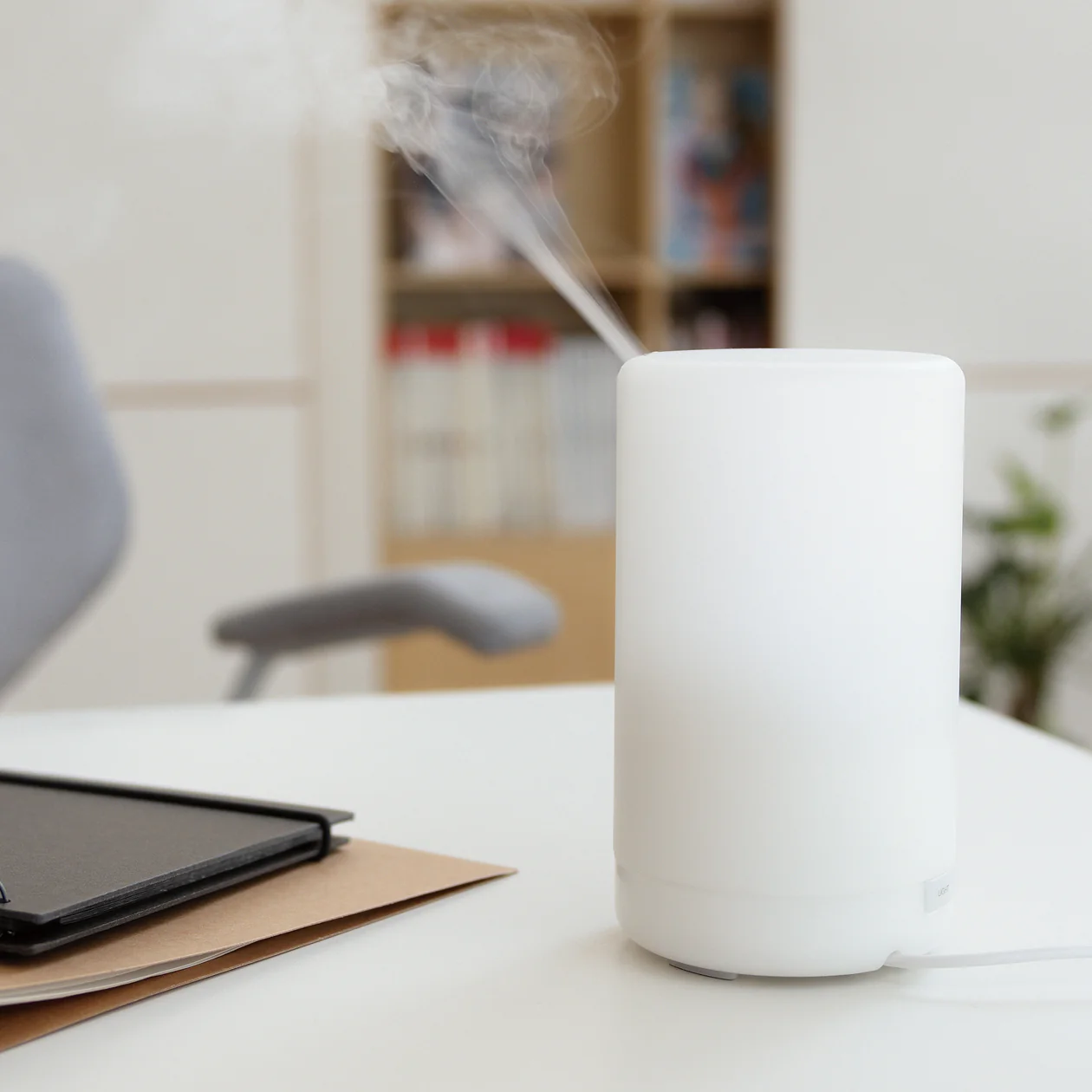
What Are MUJI's Core Manufacturing Principles and Their Impact?
The foundation of MUJI’s product development and manufacturing management rests on three unwavering principles, established at the brand’s inception in 1980:
- Selection of Materials
- Streamlining of Processes
- Simplification of Packaging
MUJI's manufacturing is guided by these three principles—selection of materials, streamlining of processes, and simplification of packaging—which ensure quality and consistency across its decentralized global supply chain.
- Selection of Materials: Focuses on high-quality, functional, cost-effective materials sourced globally. The use of PP and ABS resins for the Aroma Diffuser exemplifies this.
- Streamlining of Processes: Eliminates unnecessary steps in production. The minimalist diffuser design avoids complex molding and finishes, optimizing efficiency.
- Simplification of Packaging: Prioritizes essential function and environmental sustainability. MUJI uses plain, often recycled, materials for packaging.
These principles act as an internal control mechanism that supports the asset-light model by creating a universal "manufacturing language" for replication and quality control.
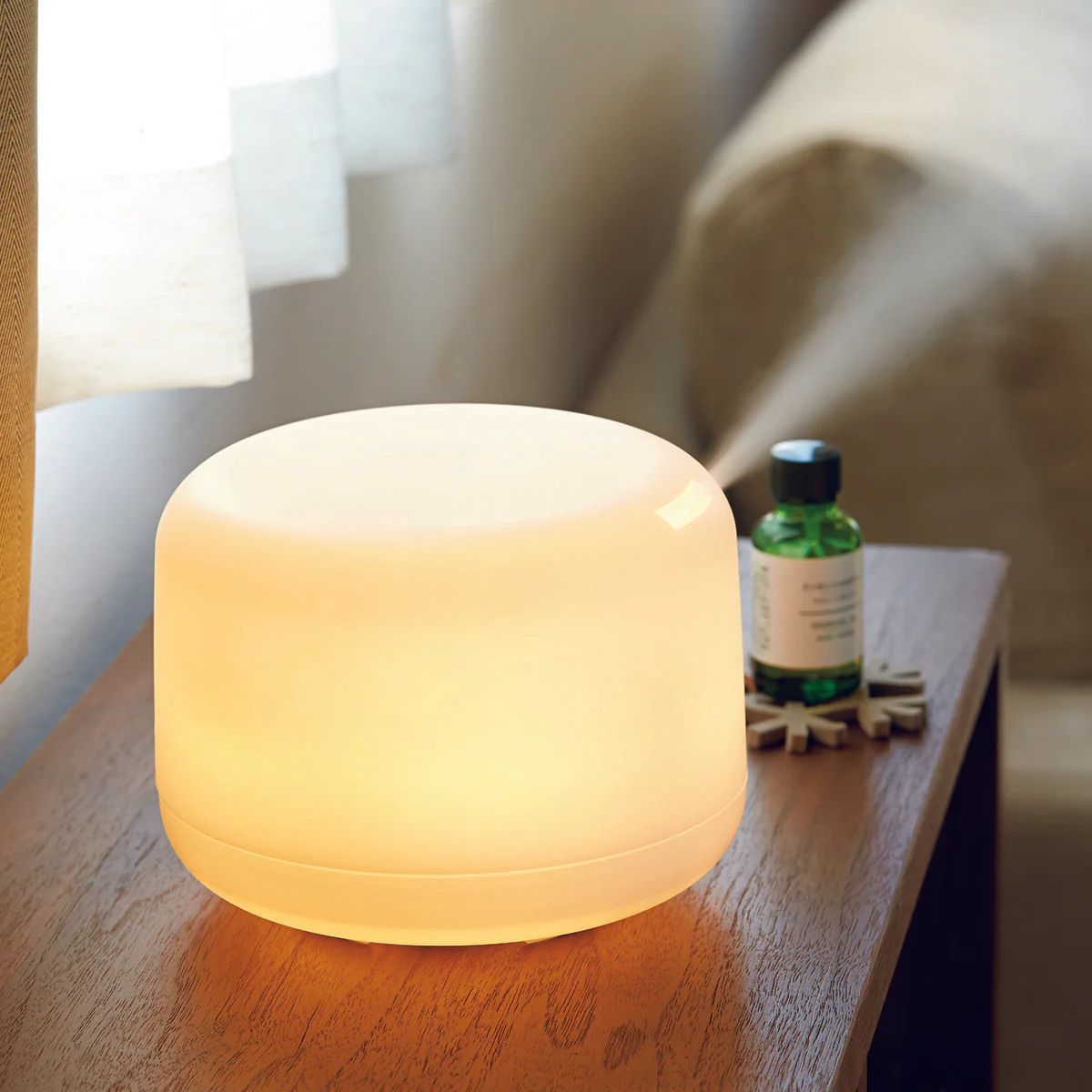
How Does MUJI Ensure Ethical Governance in its Supply Chain?
Ryohin Keikaku’s relationship with its contract manufacturers is governed by a robust and comprehensive framework of ethical standards, monitoring systems, and overarching sustainability commitments. At the heart of MUJI’s supply chain governance is the "Code of Conduct for Production Partners of Ryohin Keikaku." This is a mandatory condition of doing business with the company.
MUJI enforces a stringent Code of Conduct based on international human rights and labor standards, monitored through independent third-party audits, to ensure ethical manufacturing practices.
Key governance features include:
- Foundations: Based on ILO Declaration, UN Global Compact, and UN Guiding Principles on Business and Human Rights
- Prohibitions: Strict bans on child labor, forced labor, and discrimination
- Monitoring: Conducted via independent third-party factory audits
- Enforcement: Business relationships are terminated if violations are confirmed
- Support Systems: Includes a confidential Supplier Hotline for grievance reporting
These efforts are embedded in MUJI's broader Environmental, Social, and Governance (ESG) strategy:
- Integration of ESG into business strategy
- Commitment to a circular, sustainable society
- Greenhouse gas reduction goals
- Human rights due diligence
Thus, the selection of a Chinese manufacturing partner is contingent not only on technical and economic criteria but also on their alignment with MUJI's ethical and ESG standards.
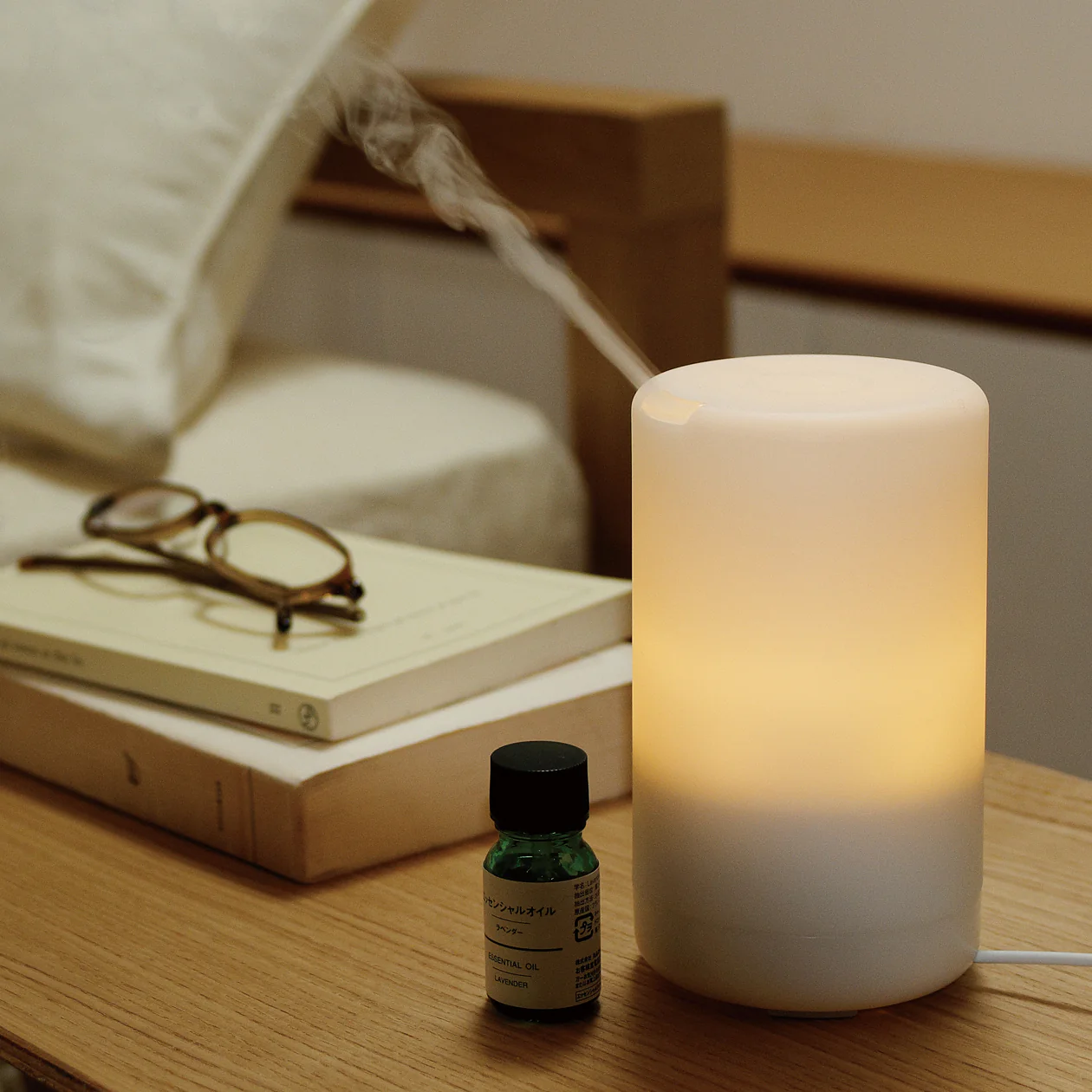
Conclusión
The MUJI Aroma Diffuser, a product celebrated for its profound simplicity and calming presence, embodies a central paradox: its effortless aesthetic is enabled by a system of immense operational complexity, rigorous ethical governance, and sophisticated global strategy. While factually straightforward in its manufacturing location, the choice of China is a calculated decision by Ryohin Keikaku, driven by the convergence of unparalleled manufacturing ecosystems, scalability, supply chain maturity, alignment with MUJI’s core principles, and the willingness of partners to comply with stringent ethical and ESG requirements. MUJI’s asset-light model, coupled with its three manufacturing principles selection of materials, streamlining of processes, and simplification of packaging allows it to leverage global industrial efficiency while maintaining its brand promise of simple, high-quality, and ethically produced goods. The company’s robust Code of Conduct and broader ESG mandate further ensure that its supply chain operates with integrity and responsibility. For businesses seeking insights into global supply chain management and ethical manufacturing, MUJI’s model offers valuable lessons in how to achieve both efficiency and integrity on a global scale. Its future success will depend on its agility to navigate geopolitical shifts, meet escalating demands for transparency, and continuously elevate the performance of its supply chain against evolving ESG benchmarks.
📩 Interested in Aroma Diffusers or OEM/ODM Solutions?
While we explore MUJI’s global supply chain strategies, HisoAir also specializes in designing and manufacturing high-quality aroma diffusers. If you're looking for reliable OEM/ODM partners or want to learn more about our product capabilities, feel free to Contacto. We’re here to help bring your ideas to life with expertise and care.


